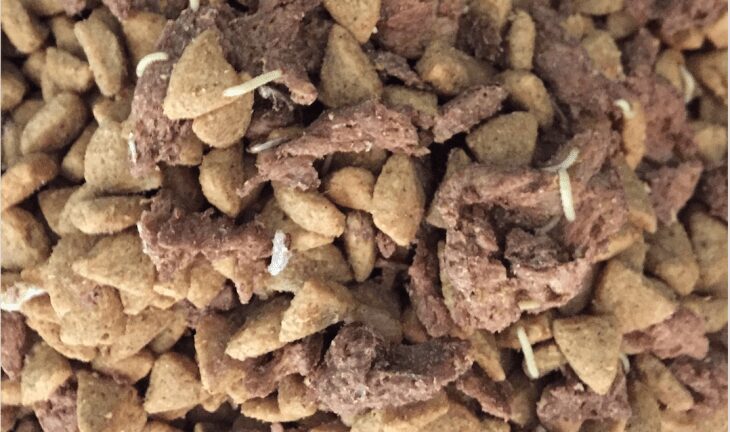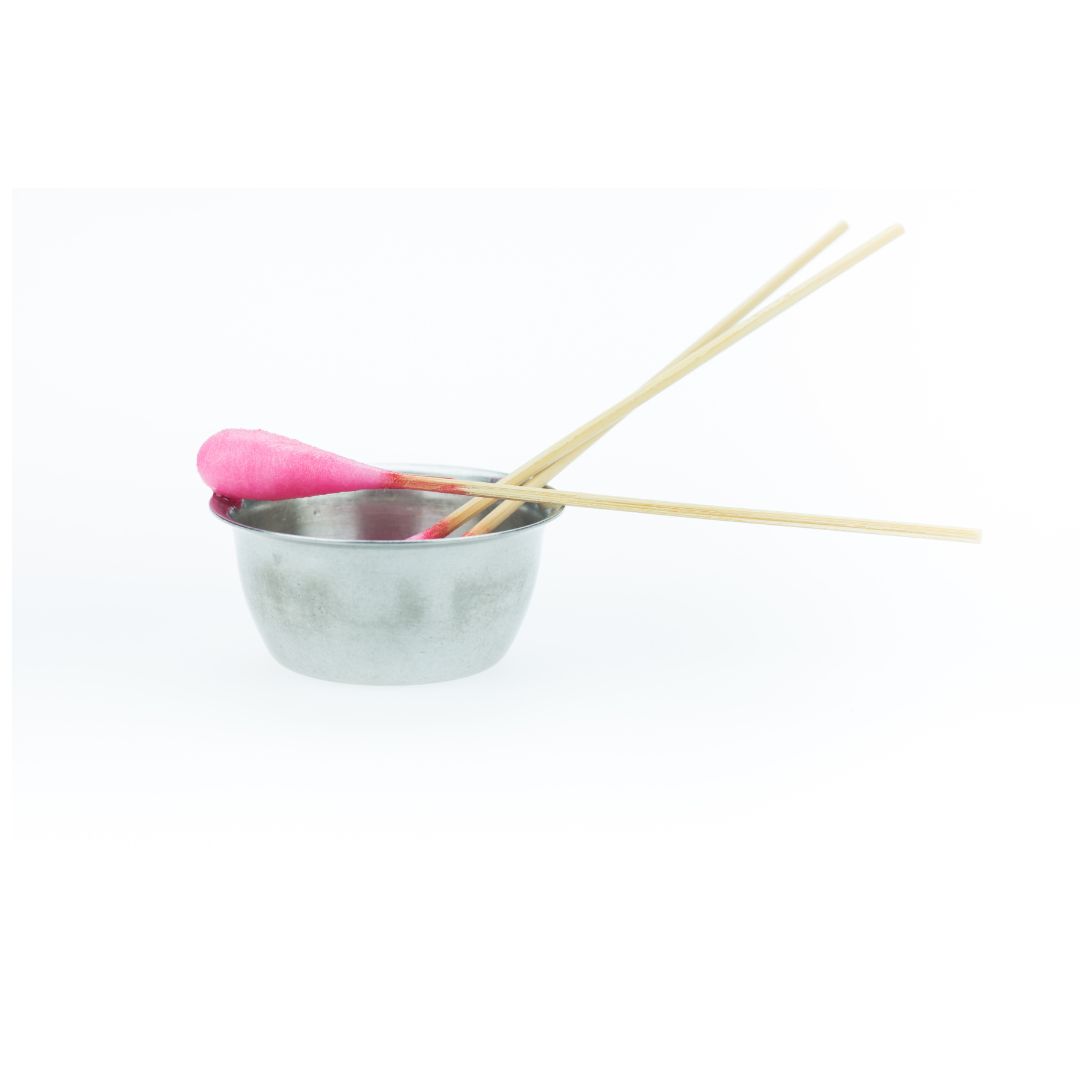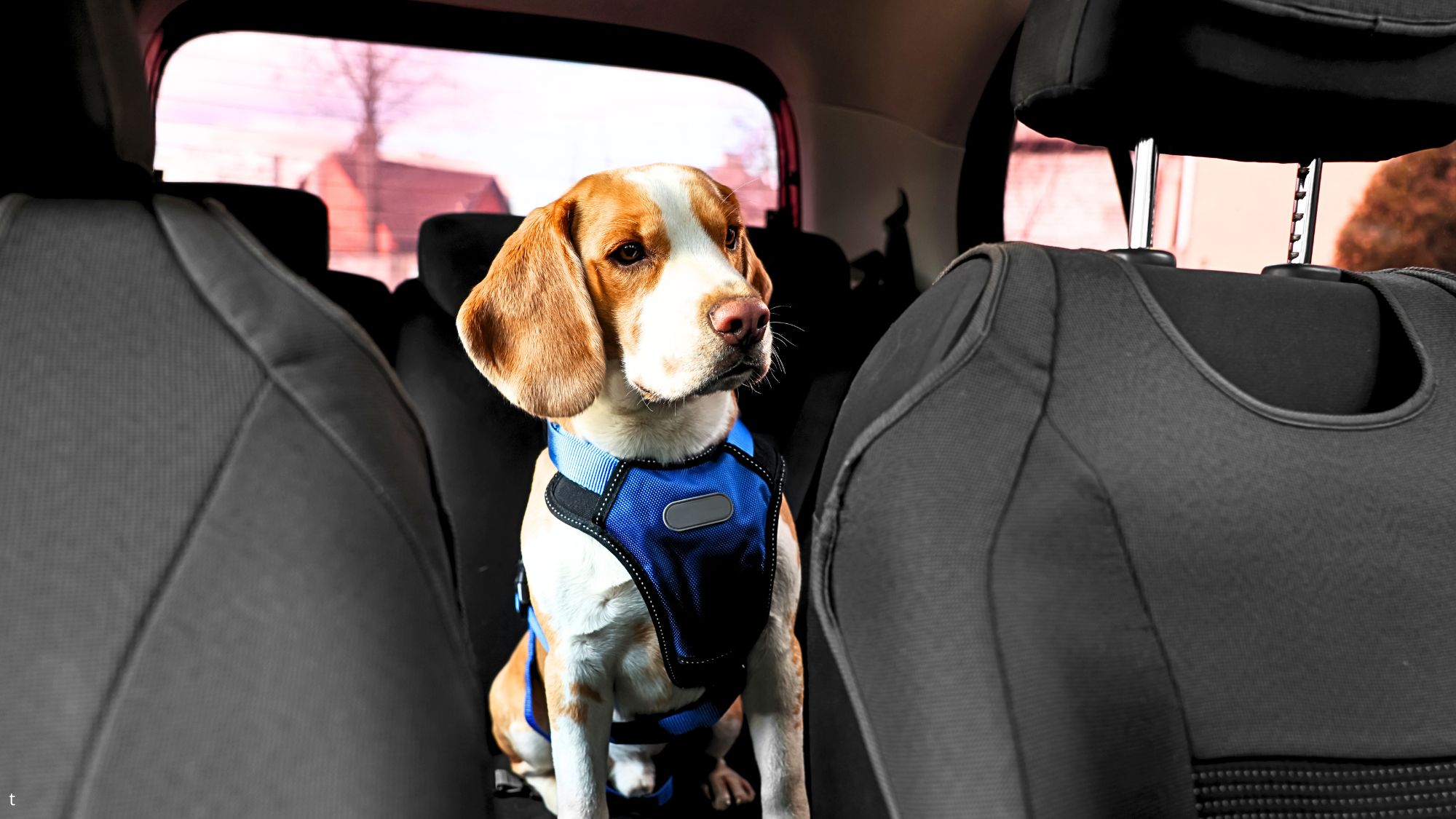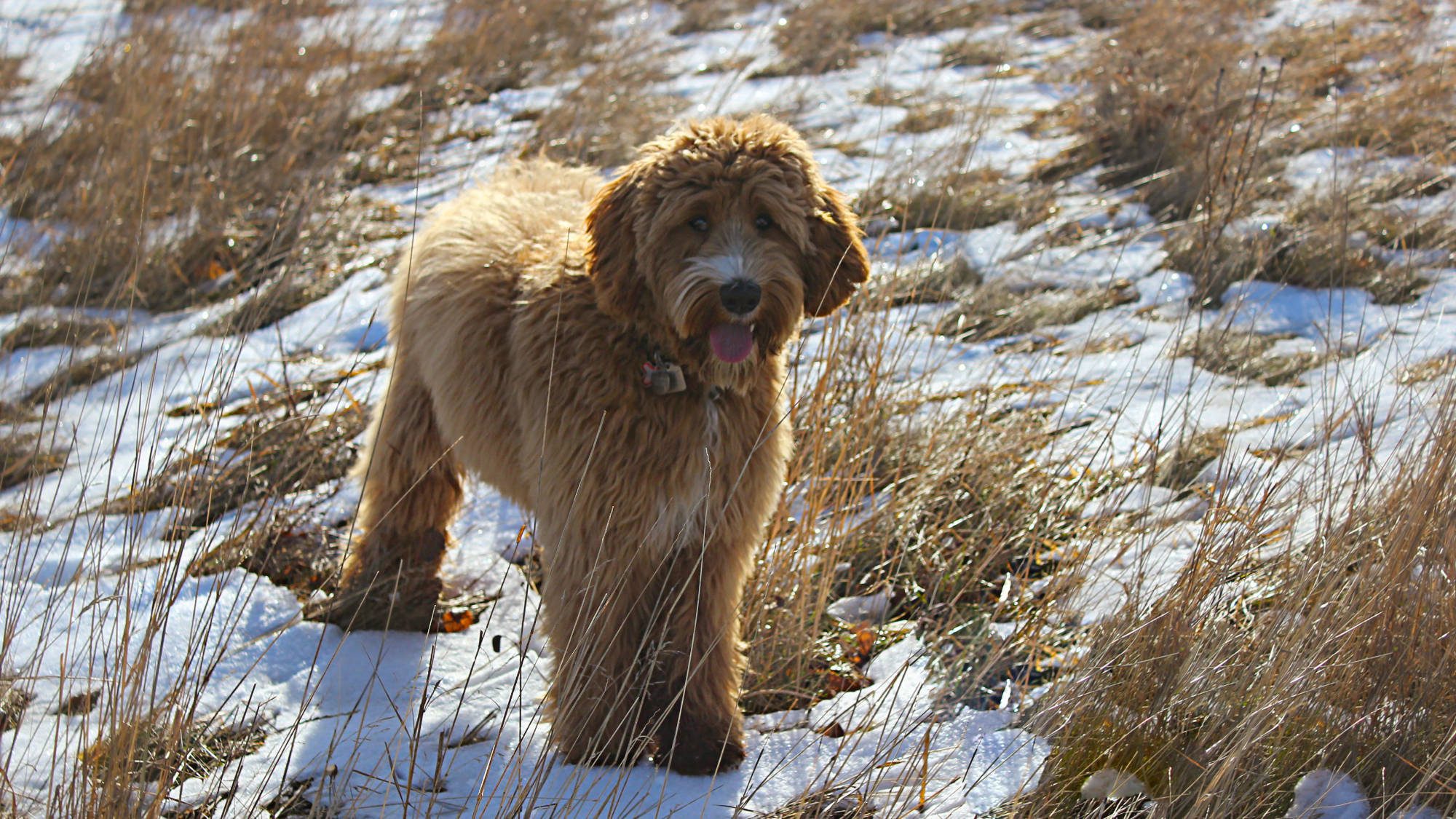In recent years, the pet food industry has been plagued by controversies and recalls, particularly concerning processed dog foods. One of the latest concerns revolves around the so-called “grain-free” kibble and its potential link to heart disease in dogs. This article aims to shed light on the various issues associated with feeding dogs processed kibble and why it may not be the best choice for your beloved pet.
Table of Contents
- Is Kibble Bad for Dogs?
- Is Grain-Free Dog Food Bad for Dogs?
- The Downside of Processed Food
- The Importance of a Fresh Raw Diet
- Questioning the Veterinary Industry
- The Big Business of Kibble
- Benefits of a Raw Diet for Dogs
- Drawbacks of Kibble
- Storage Issues
- Your Dog’s Diet Matters
Is Kibble Bad for Dogs?
Yes, kibble can be bad for dogs. Feeding dogs a diet primarily consisting of dry, processed kibble may lead to various health issues. Kibble often contains low-quality fillers like corn, which can contribute to obesity and diabetes in dogs. Additionally, the processing of kibble can lead to nutrient loss, and once a bag is opened, the fats in kibble can become rancid, potentially harming your pet’s health.
Overall, while convenient, kibble may not be the healthiest choice for your dog, and alternatives like a fresh raw diet can provide better nutrition and overall well-being for your furry companion.
Is Grain-Free Dog Food Bad for Dogs?
The question of whether grain-free dog food is bad for dogs has been a subject of debate and investigation in recent years. Grain-free dog food was initially marketed as a healthier alternative, especially for dogs with food allergies or sensitivities. However, there have been concerns raised about the potential link between grain-free diets and a heart condition called dilated cardiomyopathy (DCM) in some dogs.
The Downside of Processed Food
Let’s start with a fundamental fact: kibble is, at its core, processed food. Just as we understand that a diet consisting mainly of processed foods is detrimental to our health, the same logic applies to our canine companions. Numerous studies in humans have shown that a processed diet can lead to various chronic illnesses, including cancer, arthritis, cardiovascular disease, diabetes, obesity, and more. So, why do we continue to feed our dogs processed food when we know better?
The Importance of a Fresh Raw Diet
Feeding your dog a fresh raw diet is the only biologically appropriate choice for their well-being. Contrary to misconceptions, there is minimal risk of contamination like salmonella or e-Coli in raw diets. Dogs have robust digestive enzymes that can handle such challenges. Within just 20 minutes after consuming a raw meal, their mouths are free from potential contaminants that could transfer to humans. Feeding raw is a safe and natural choice for your dog.
Questioning the Veterinary Industry
Veterinarians receive limited training in nutrition during their education. For those truly passionate about nutrition, acquiring additional qualifications as a ‘Veterinary Nutritionist’ is an option, but these experts are relatively scarce. Many veterinarians receive incentives or “kickbacks” from specific dog food companies to recommend certain products. The reality is that veterinary practices are businesses, and financial interests can sometimes influence recommendations.
The Big Business of Kibble
The global pet food market is projected to reach staggering figures, indicating a massive industry keen on keeping pet owners loyal to kibble. These companies have a vested interest in promoting dry, processed dog food, even if it may not be the healthiest choice for our furry friends.
Benefits of a Raw Diet for Dogs
Switching to a raw diet for your dog offers numerous advantages, including shinier coats, healthier skin, cleaner teeth, higher energy levels, smaller stools, better weight management, and a substantial reduction in allergy issues.
Drawbacks of Kibble
Conversely, feeding a dry, processed kibble diet is associated with several issues:
- Obesity affects 40% of dogs.
- A significant percentage of dogs and cats die from cancer.
- Heart, kidney, and liver diseases are on the rise.
- Gastrointestinal problems are common among kibble-fed dogs.
- Allergy issues affect one in five kibble-fed dogs.
- Dental diseases are prevalent in dogs fed a kibble diet.
- Kibble is linked to kidney and bladder problems in cats, and to bloat in dogs.
- It’s dehydrating and contains pesticides, food coloring, and preservatives.
- Kibble often includes low-quality corn fillers, which can lead to obesity and diabetes.
Storage Issues
Kibble faces storage-related problems as well. Once opened, the fats in kibble can go rancid, affecting your pet’s health. Manufacturers often add nutrient mixes, including cheap, feed-grade vitamins, some of which may speed up fat oxidation. There’s also a risk of opportunistic bacteria, mycotoxins, and storage mites in dry pet food, especially when stored for extended periods.

Your Dog’s Diet Matters
Your dog deserves the best. Consider switching to a fresh, real, and whole food diet to ensure their well-being and happiness. Don’t let the allure of kibble overshadow the importance of providing your furry companion with a healthy and natural diet.For more information, you can also visit the FDA’s investigation into the potential link between certain diets and canine dilated cardiomyopathy.








